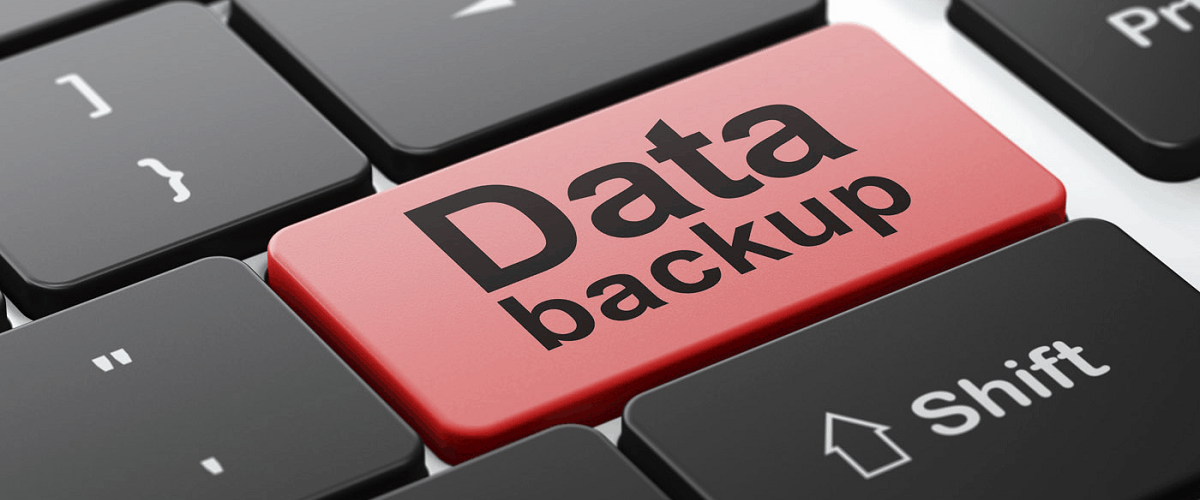There’s a common association that preppers are anti-technology. While it’s true that living a private, off the grid life is desirable by many, some preppers are simply anticipating a bad time. If you’re someone that DOES take advantage of the technology available to you, then it may be helpful to learn how to prep with tech.
Online Hosting
Big Google collects a scary amount of data on everyone. This is no surprise. You can use the services they provide to have access to information that’d be lost if you’re phone or computer are ever destroyed or unavailable.
Google can save your contact list online so that they aren’t lost in the event of a phone swap. Or let’s say you have text, images, or video you want to preserve, perhaps sentimental family photos. Google Drive is a free service that can store any kind of file you upload. These files can then be accessed by other devices that have access to your google account. Dropbox is another service that offers the same. This can be used to have a never-lost collection of important documents. Scans of birth certificates, family videos, copies of your will, for example. It only takes a single house fire to render a computer entirely useless.
USB Drives
Not everyone is OK with using cloud storage services. For those, there are still physical storage devices. Instead of uploading those important documents online, you can copy them over to a USB flash drive or external hard drive. This is the more private, off-the-grid option for saving digital files. Though in turn, you have to manually update the storage device, and keep the physical piece elsewhere for safety. Keep as USB drive in your constant carry supply, perhaps on a keychain, or keep large hard drives in a fire/waterproof safe. Update them regularly so that they have the most up to date information. You can find affordable flash drives and hard drives on Amazon for as little as $13.
Conclusion
Living like a prepper doesn’t mean you have to be adverse to technology. You can use it to your advantage. I keep an offline version of Wikipedia on a hard drive, stored away. That way, should a SHTF scenario render internet connectivity impossible, I’ll still have a massive wealth of information available to me.

